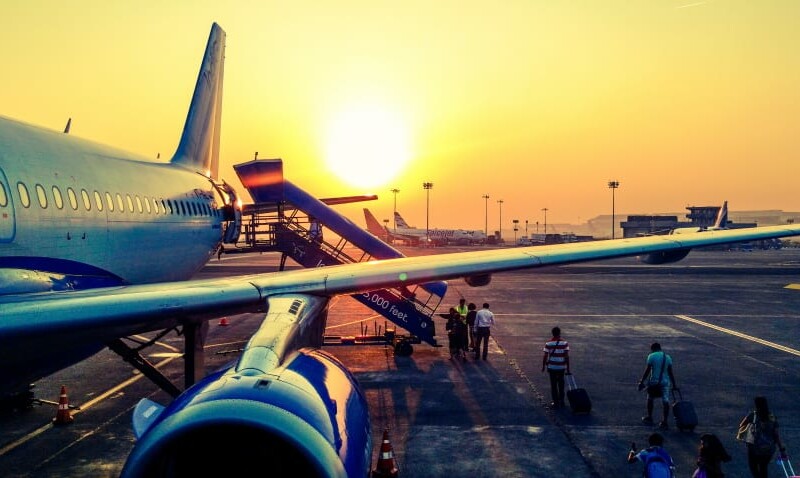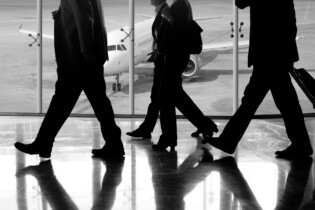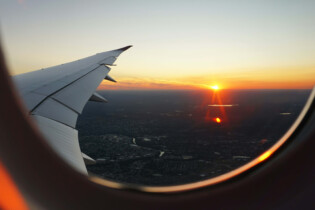Tonight, President Cyril Ramaphosa announced that international travel will be able to resume from Thursday, 01 October 2020 – albeit with various restrictions in place.

“We welcome the announcement that a date has been set for the reopening of South Africa’s borders with open arms,” says Andrew Stark, Flight Centre Travel Group Managing Director Middle East and Africa. “The decision by our government is vital in helping not only the travel and tourism industry, decimated by months of being on hold, start to recover but the economy as a whole.”
“Airlines need months of notice before they put inventory on certain routes and before they resume full capacity. There are going to be many considerations and logistics involved when it comes to opening our international air space.”
He adds that while the reopening or borders is a critical first step to re-boot travel and tourism, the return to regional and international travel is not going to be immediate. He explains, “Airlines need months of notice before they put inventory on certain routes and before they resume full capacity. There are going to be many considerations and logistics involved when it comes to opening our international air space. My concern with regards to this was always that the longer we leave opening our borders, the longer it takes to get back up and running, meaning we’re last in line with global airlines in terms of inventory and routes.”
READ: South Africa is ready to welcome international tourists
“As much as we’re opening our borders, the rest of the world might not readily accept South Africans yet.”

Oz Desai, GM Corporate Traveller, echoes this sentiment when he says, “We can expect capacity constraints in the aviation market as airlines need months of notice before they resume full capacity on routes. What’s more is that there will be a patchwork of rules and regulations to consider at different destinations across the world. As much as we’re opening our borders, the rest of the world might not readily accept South Africans yet.”
Initially, only three international airports will reopen (King Shaka International, Oliver Tambo International and Cape Town International airports), as well as a limited number of land borders. Travel will also be restricted from countries that are deemed as high risk.
International travellers will also need to comply to various requirements, such as:
- present a negative COVID-19 test result on arrival (no older than 72 hours from their time of departure)
- be screened on arrival, and if they present COVID-19 symptoms they will be required to have a COVID-19 test
- enter mandatory quarantine facilities at their own cost, where necessary
- download the COVID Alert South Africa mobile app
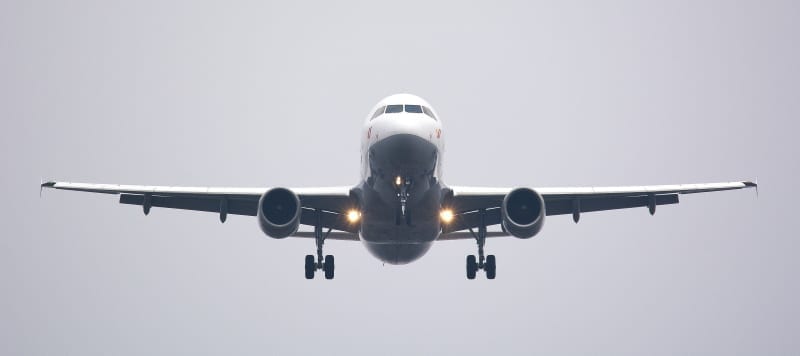
Inbound travel will likely be low at about 30% of 2019 levels.
Several people have criticised a phased reopening or travel. Professor Alex van den Heever, Chair in the field of Social Security Systems Administration and Management Studies at the Wits School of Governance, says, “All borders should be reopened as there are no additional risks posed by an industry that is well organised, has stringent health and hygiene safety protocols in place and operates in low density settings.”
He adds that inbound travel will likely be low at about 30% of 2019 levels; “But if uncertainty is created now, this will be far lower.”
READ: Growing call to reopen international air travel
Gillian Saunders, Tourism consultant and specialist, adds, “Regardless of which source markets you decide to open up to in this phased approach, the reality is that we would still have 58 million South Africans circulating freely within the country compared with a small number of international tourists who will be subject to just the same health protocols as us. The risk is the same.”
“Having saved lives, now is the time to save livelihoods.”
“We have successfully flattened the COVID-19 infection curve and we are ready to implement the agreed global measures to enable the safe resumption of international air travel. Having saved lives, now is the time to save livelihoods,” says Zuks Ramasia, Board of Airline Representatives of South Africa (BARSA) CEO.
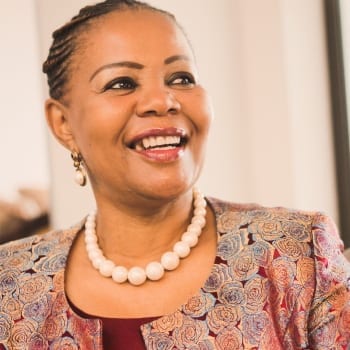
“With about US$9.4 billion or 3.2% of GDP supported by air travel and tourism, opening the borders is crucial to the economy’s recovery and future growth. We need to demonstrate that South Africa is open and safe for business and leisure travel. If we don’t get people flying again, the economy will be severely hampered,” she adds.
Unlike many other transport modes, aviation is highly regulated.
Ramasia notes that, unlike many other transport modes, aviation is highly regulated. For example, biosecurity protocols and operating procedures have already been put in place for domestic flights, which are based on a set of global measures drawn up by experts from the UN World Health Organisation (WHO), International Civil Aviation Organisation (ICAO), the International Air Transport Association (IATA), Airports Council International and various leading public health and infection control institutes. Furthermore, the South African Civil Aviation Authority’s (SACAA) and Department of Health oversaw the implementation of these measures, which are also designed to be applied to international flights.
She adds, “At the same time, this does not absolve passengers from acting responsibly. Face masks must be worn, hand regularly sanitised and social distancing observed. And if you don’t feel well, don’t even go to the airport! If you need to familiarise yourself with what to do and expect, check with the airlines and airports, or IATA’s Fly with Confidence site, which give you all of the information you might need.”
READ: FEDHASA and SATSA CEOs urge continued collaboration to revive the tourism industry


